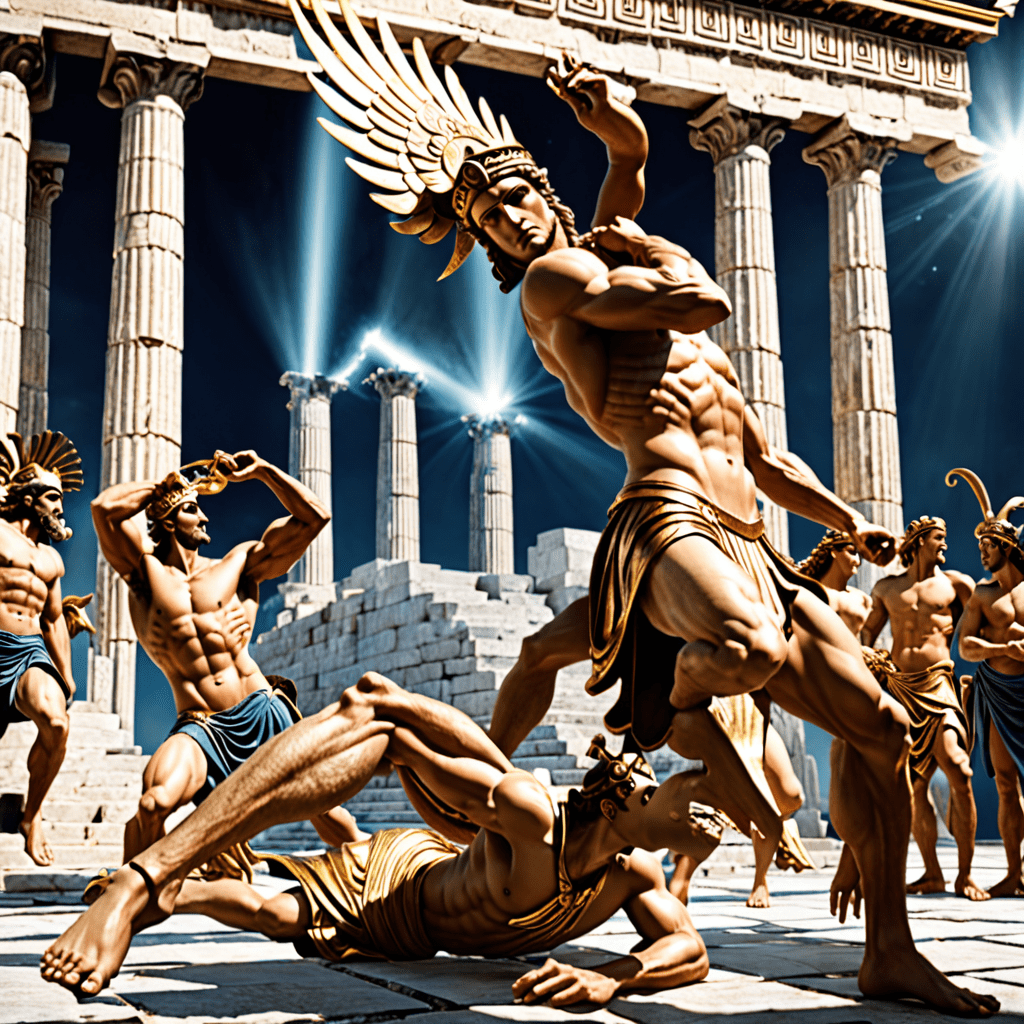The Role of Tricksters in Greek Mythology
Welcome to our exploration of the intriguing role played by tricksters in Greek mythology. These enigmatic characters add a dynamic and sometimes mischievous element to the rich tapestry of ancient Greek tales.
What are Tricksters in Greek Mythology?
Tricksters in Greek mythology are cunning and deceptive figures who use their wits and skills to outsmart others. They are known for their cleverness and ability to navigate through challenges by using unconventional methods. These characters often blur the line between good and evil and provide entertainment as well as moral lessons in myths.
Notable Tricksters in Greek Mythology
One of the most famous tricksters in Greek mythology is Hermes, the messenger of the gods. Known for his cunning and quick-thinking nature, Hermes was a master thief and trickster who also guided the souls of the dead to the underworld.
Another well-known trickster is Prometheus, who stole fire from the gods to give to humanity, defying the will of Zeus. While his actions had consequences, they also brought progress and enlightenment to humankind.
The Role of Tricksters in Greek Society
Tricksters in Greek mythology serve multiple purposes. They challenge the status quo, question authority, and disrupt order. Their actions test the boundaries of social norms and often bring about changes that lead to growth and transformation.
Furthermore, tricksters embody a complex blend of qualities that include wisdom, chaos, creativity, and rebellion. They remind mortals and gods alike of the unpredictability and spontaneity of life, teaching important lessons about adaptability and the power of ingenuity.
Conclusion
In conclusion, the role of tricksters in Greek mythology goes beyond mere mischief. These intriguing characters challenge established beliefs, inspire innovation, and serve as agents of change. Through their unconventional actions and clever manipulations, tricksters add depth and intrigue to the age-old stories of the Greek gods and heroes.
What is the significance of tricksters in Greek mythology?
Tricksters in Greek mythology play a crucial role in challenging the status quo, disrupting order, and teaching valuable lessons through their cunning antics. They often serve as catalysts for change and serve as complex characters whose actions lead to both chaos and innovation.
Who are some notable trickster figures in Greek mythology?
Prominent trickster figures in Greek mythology include Hermes, the messenger god known for his cunning and cleverness, and Prometheus, who defied the gods to benefit humanity through his clever schemes. Another well-known trickster is Eris, the goddess of discord, whose actions sparked the Trojan War.
How do tricksters contribute to the overall narrative of Greek mythology?
Tricksters add depth and complexity to Greek mythology by challenging traditional power structures and societal norms. Their actions often lead to unforeseen consequences, shaping the course of mythological events and highlighting the blurred lines between chaos and order.





